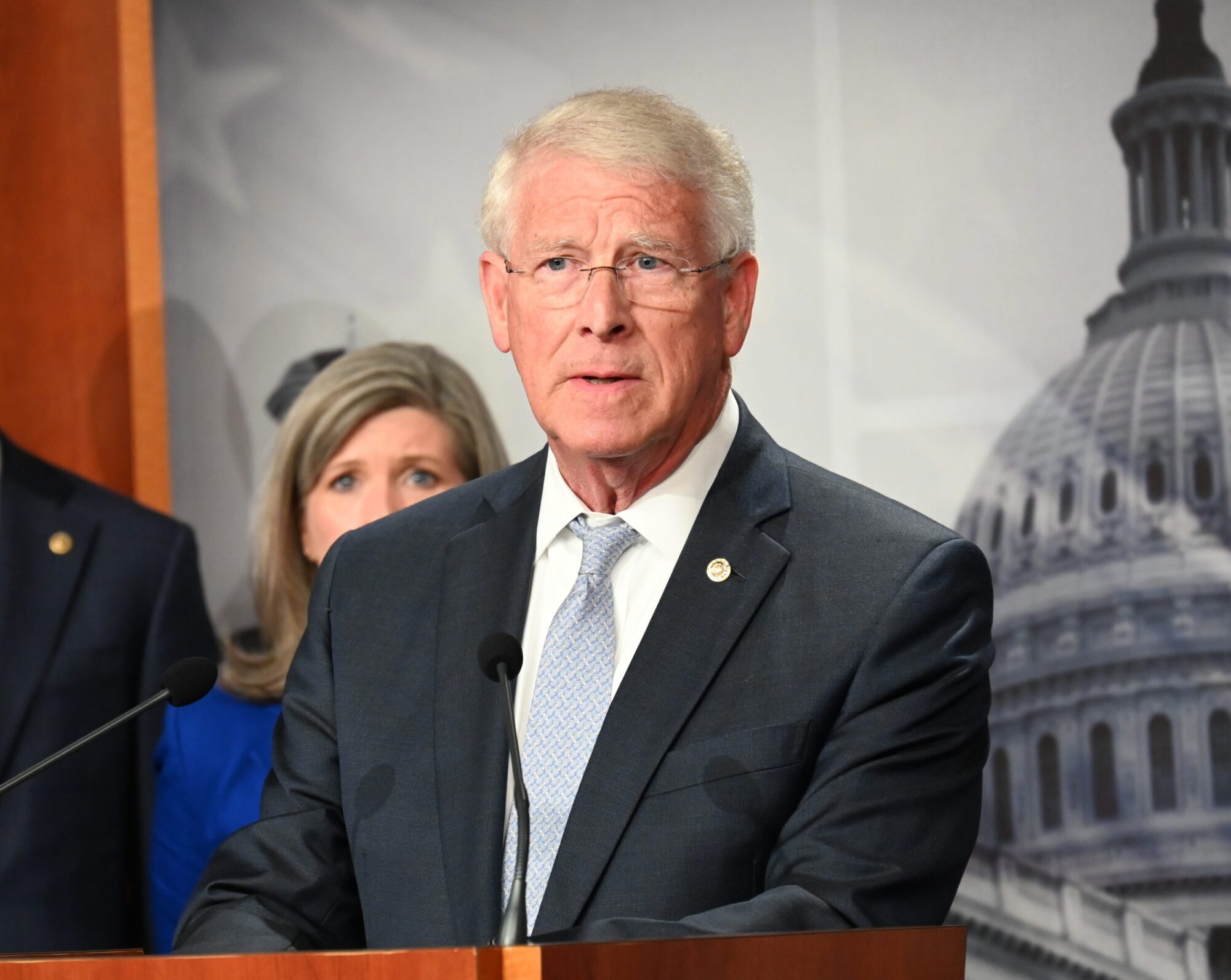
Submitted by Doug Kelly
“Creating obstacles for American tech companies to innovate and to offer low prices to consumers is the wrong priority for Congress,” Kelly writes.
Four-decade-high inflation is disproportionately affecting the South, and Mississippi families are struggling. Rather than focusing on lowering prices, though, Congress is considering legislation that would further squeeze the wallets of Magnolia State residents. Pending anti-innovation bills would impact America’s most innovative tech companies and hamper their ability to offer digital tools at low prices, despite the notoriously costly times that we face.
The anti-innovation bills in question would fundamentally alter 50 years of established law that prioritizes consumer benefits. In its place, government policy would focus on how to protect competing businesses, no matter the cost to consumers. To use a football comparison, this federal policy shift would be like the NCAA adopting new rules to help the Big 10 and Pac 12 football programs because the SEC has won 13 of the past 20 national championships.
Whether it’s football or business, Americans welcome spirited competition. May the best product (or team) win! These bills would not only boost the price of digital tools, but they would also harm the broader economy. Analyses by leading economists have found that these proposals would worsen supply chain issues and exacerbate inflation. These challenges, combined with high gas prices and rising rents, make many feel at imminent risk of losing their home in the next two months. That’s not acceptable.
Mississippi retirees would also be hit hard by these proposed bills. Studies estimate that this legislation could cost our nation’s economy $319 billion, while the pension programs of teachers, firefighters, and police in Mississippi might lose nearly $744 million in savings. More than 276,000 pensioners would be harmed and would lose an estimated $2,695 each in retirement benefits.
The state’s growing tech sector would also be undercut by these bills. More than 2,650 tech businesses are located in Mississippi, employing more than 27,124 people, and generating $3.3 billion in economic value for the state. But studies estimate that if this anti-innovation legislation were passed, venture capital financing for new businesses would decrease by 12 percent, and tech startups would lose critical access to capital for startups and expansions. The burgeoning tech sector in Mississippi would flat line, killing what Natchez’s Mayor Dan Gibson called the state’s “golden goose.”
Finally, these bills undermine national security. They put restraints on America’s leading tech companies that often don’t apply to tech companies in China, our leading geopolitical adversary that has a long history of cyberattacks against us. Countless national security experts have raised concerns about the impact that this legislation could have on our nation’s security, and recent polls show that more than 60 percent of voters believe that Chinese companies could supplant American companies as the world’s technology leaders if we don’t act fast.
America has worked hard to build and maintain its global leadership in innovation, but if foreign businesses have room to out-innovate America, we’ll soon lose our edge. More than eight in 10 Americans share these concerns and want Congress to prioritize fighting inflation rather than misguidedly hampering innovation.
Senators Wicker and Hyde-Smith have a long history of supporting smart policies to drive Mississippi’s economy forward. As the debate around anti-innovation legislation continues, they will play a crucial role in protecting America’s innovation dominance from the unintended consequences of this rushed legislation. Creating obstacles for American tech companies to innovate and to offer low prices to consumers is the wrong priority for Congress.
Instead, lawmakers in Washington should focus on supporting working families, curbing inflation, and strengthening our national security.
###
Submitted by Doug Kelly. He is CEO of the American Edge Project (AEP), a coalition of nearly two dozen organizations dedicated to advancing and protecting American innovation and technology.











